Posts
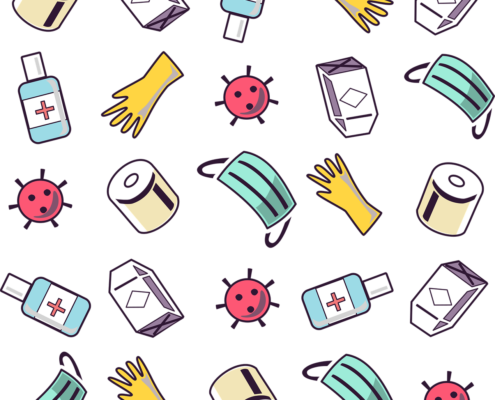 https://crastina.se/wp-content/uploads/2020/05/covid-4941846_1280.png
1280
1270
Lauriane Nallet Khosrofian
Lauriane Nallet Khosrofian2020-05-03 17:07:162020-07-24 16:24:15Infographics and Covid-19
https://crastina.se/wp-content/uploads/2020/05/covid-4941846_1280.png
1280
1270
Lauriane Nallet Khosrofian
Lauriane Nallet Khosrofian2020-05-03 17:07:162020-07-24 16:24:15Infographics and Covid-19
Let’s talk about cancer, separating facts and untruths – an interview with Lisa Whittaker of Tenovus
At some time or another, each of us will have been touched by cancer in some way. Whether we have had cancer ourselves, or it has touched a loved one or acquaintance. In fact, in 2018, it is estimated that 9.6 million people died from the disease,…
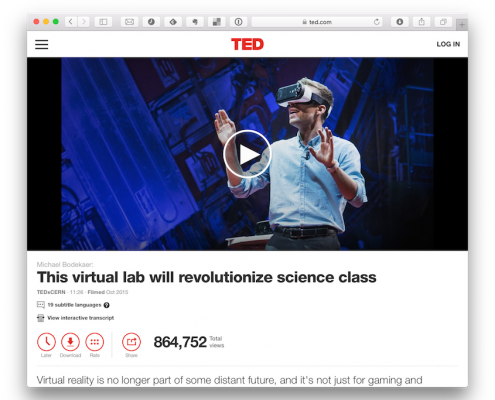
Labster – enhancing science learning with VR and gamification
Under any definition, we think that laboratory simulations are a great way of bringing science closer to people. ‘Presence’ has been described as a crucial element for motivation and engagement, and simulations intrinsically enhance the aspect of “I feel that I am there”, especially if they are combined with virtual reality technologies. In the particular case of our simulations, even if they are specifically created as teaching tools, in addition to the immersive experience, they are built around real life stories and are meant to be engaging. With the gamification components they are also good tools for science communication at some level.
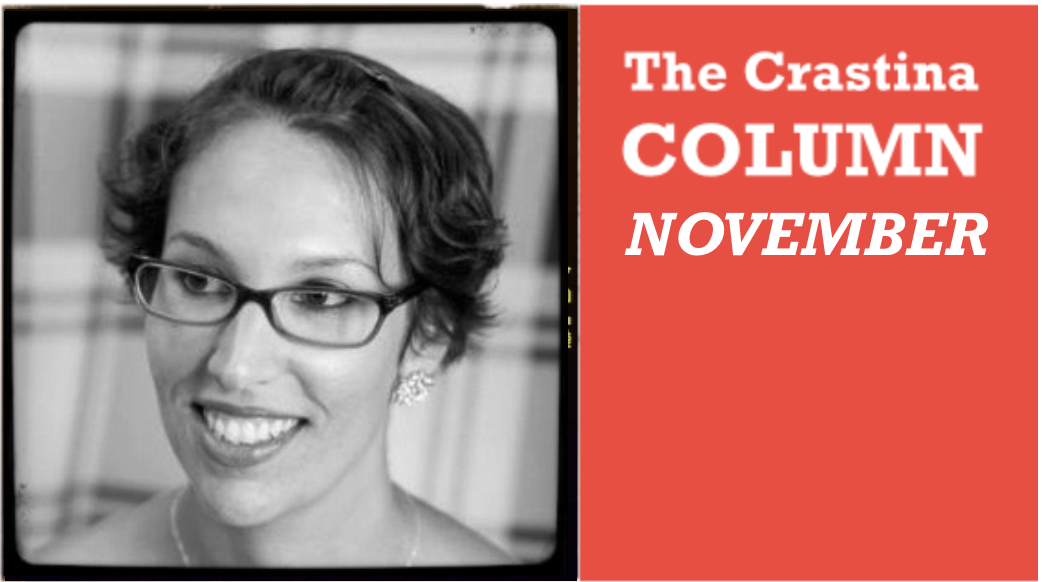
Inadequate Data Visualization Leaves Patients Undereducated
Data visualization is becoming more widely used in patient care but there is still work to be done. In this article, The New York based medical illustrator Amanda Montañez–explains why this area merits more investment than it currently…
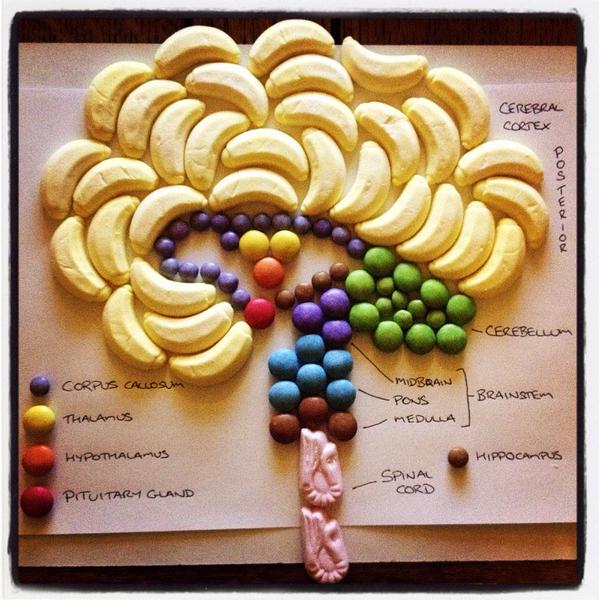
Med school candyman plays around with body parts
Mike McCormick, a 2nd year Medical Student at the University of Glasgow, started to play around with candy to learn anatomy, shared some stuff with his friends – and soon had thousands of followers.
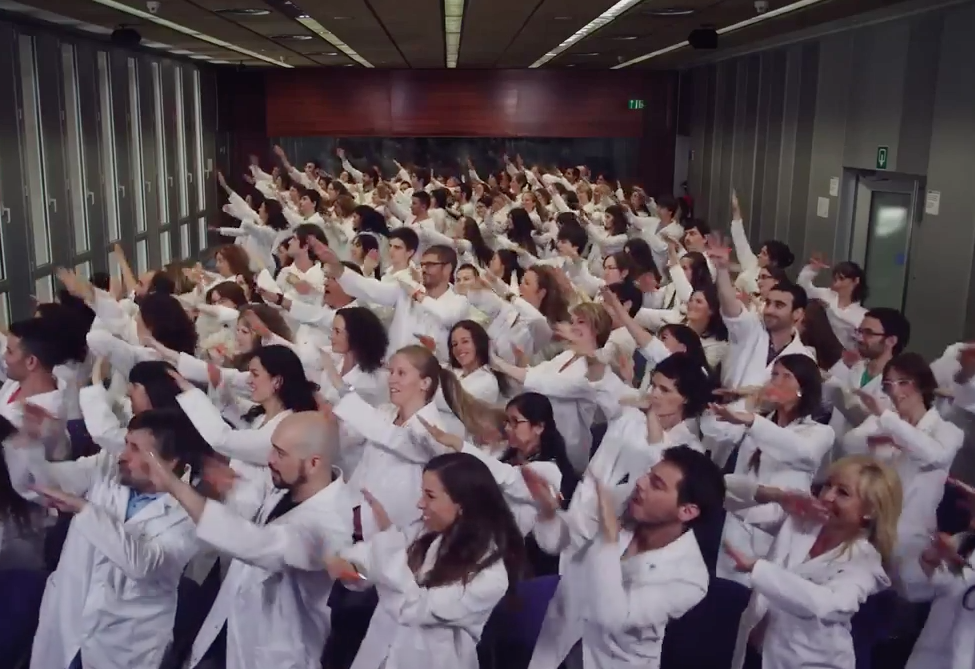
Sarah Sherwood, IRB Barcelona: “We wanted to do it in a different way, and chose to dance.”
Scientists at IRB Barcelona wanted to raise awareness and support for research into cancer, Alzheimer’s and diabetes. The result: a very professional and captivating video, full of happy dance moves.

The dawning of medical history museums
As science changes our relation to our bodies and our mortality there is a need for a new kind of medical history museums—a kind that challenges our senses and lets us engage in interactive exhibitions
The interest in biology is on…

